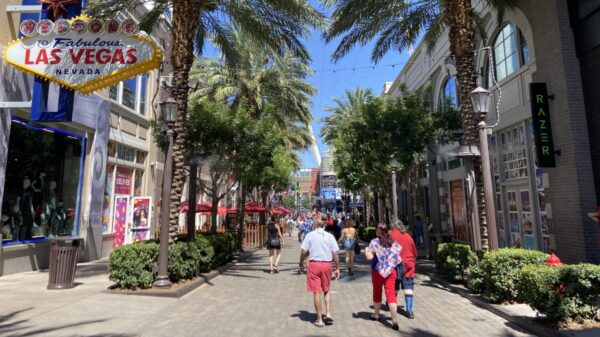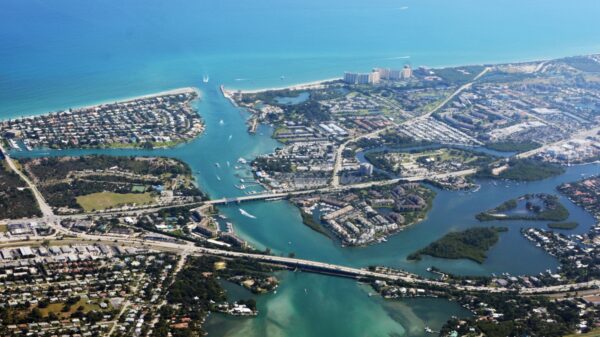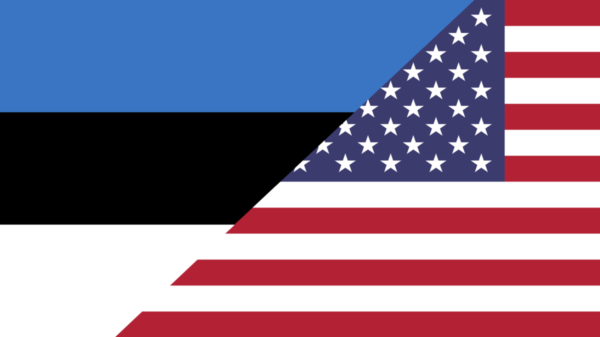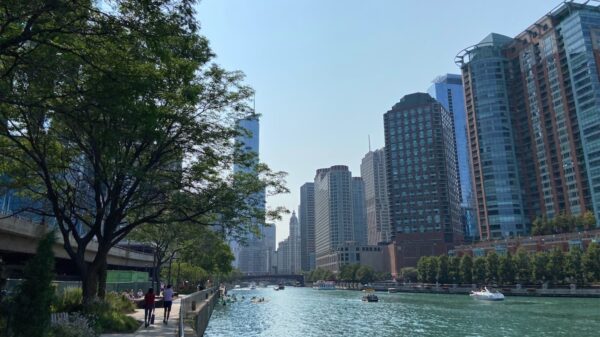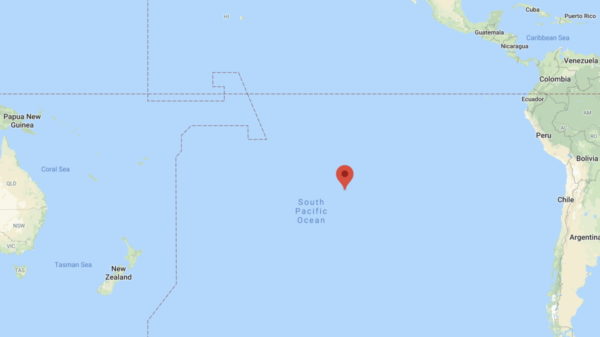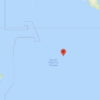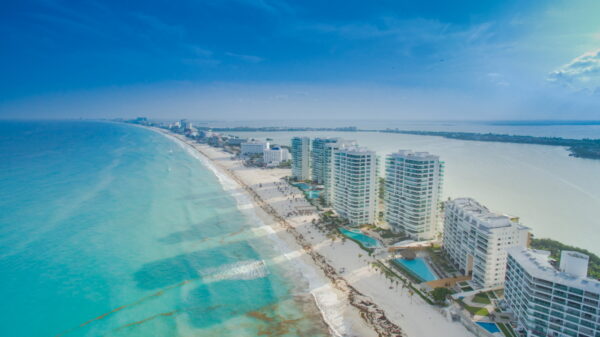The US has the world’s most sophisticated banking system, with thousands of banks and financial institutions offering an unparalleled range of products and services. In this guide, I provide an overview of US banking, explain how to open accounts, how to build and apply for credit, how to setup payment processing and more.
An overview of US banking
Banking in the US has evolved and adapted to the needs of the country ever since the creation of the first true bank during the American Revolution. The sector has not only acted as a safe keeper of American wealth but also as a major enabler of growth, commerce and government policy. These roles are set to increase in importance as the US, and much of the world, goes through the current banking revolution.
Today, the US banking sector is composed of banks (obvious), credit unions (coops that act like banks), non bank lenders (financial institutions that lend money, issue credit cards etc but that do not accept deposits), asset management firms (Blackrock, Vanguard etc), brokerage firms (trading platforms), payment facilitators (Visa, MasterCard, Stripe etc), digital wallet services (Square, PayPal etc), white label banks (banks that offer regular banking services via another bank’s white labeling solution) and a number of other entity types that are not of interest in the context of this guide.
Regulation takes place at the federal, state and sometimes municipal level, an oddity amongst advanced countries. There are multiple deposit insurers, another oddity. For example, the FDIC insures deposits held at banks while NCUA insures deposits held at credit unions, SIPC insures certain types of investment products etc.
The US does not participate in CRS nor is there any plan for it to join. Instead, it operates its own monitoring system, FATCA. This has resulted in the US becoming one of the largest tax havens by deposits, also helped by the quality of its banks, their safety and openness to non-residents.
Going forward, I expect the US banking sector to continue to outperform its global peers. Why? Because the US has the most sophisticated tech sector (tech and banking are slowly becoming the same thing), the most capital to support innovation, policy makers supportive of the banking industry and a population receptive to new technologies. This makes opening US bank accounts a no brainer, in my opinion.
Opening a US bank account
Once you have decided to open a US bank account, your first step will be to identify the primary use for that account. Will it be a personal or business bank account? Will it be used for day-to-day banking, to hold long term savings, to receive client payments? Will the account be connected to external services? (Zelle, Venmo, PayPal, Stripe etc)
Your second step will be to choose two banks, one for actual use and the other for redundancy. Why? Because it takes only a few additional minutes to open a second account and that second account may prove to be a lifesaver if your first account ever gets shut down. In most cases, you will be able to use the same documents / information to open the second account.
There are LOTS of banks in the US but not all will open accounts for non-residents. Your best bet will likely be the big four (Bank of America, JP Morgan Chase, Citi and Wells Fargo). There is also a number of major regional banks and smaller national banks, some of which offer excellent products (TD Bank, PNC, Capital One, Ally etc). You can consult the Insiders Club’ banking database for bank-specific information.
US banks do not typically have a minimum deposit requirement but most banks will charge a maintenance fee if your balance drops below a certain threshold. It is important to note that there are multiple types of accounts in the US, the most common being checking and savings. They both offer similar features (ACH, bill payment, can both be linked to a debit card etc). Savings accounts, however, are not meant to be used for day-to-day transactions and banks have been known to close accounts that have too many transactions. If you intend to do more than 10 monthly transactions, open a checking account.
After choosing your two banks, your third step will be to prepare the necessary due diligence documents.
Personal accounts
To open a personal account, you will usually only need your passport. Some banks also require a proof of address and more rarely, a US tax ID (SSN / ITIN). While not usually a requirement, I recommend getting a US mobile number as that will make things easier when it comes to setting up online banking, adding cards to mobile wallets etc. An easy way to get a US mobile number is via Google Voice (get yourself a cheap prepaid SIM at Walmart, that will allow you to activate Google Voice if you do not already have a US mobile number). There is usually no need to setup an appointment in advance, just show up at a branch with your documents. Usually the account will be opened on the spot.
Canadian citizens and residents can also open a US personal bank account online with TD bank, a process that takes only a few minutes to complete and requires no documentation. Simply visit TD Banks’s website and follow the instructions for Canadians. Your Visa debit card will be mailed to your Canadian address within a week.
Business accounts
To open a business account, you will need the same documents as for a personal account in addition to a document proving the existence of your company (certificate of incorporation, certificate of formation, certificate of association etc), a document proving the ownership structure (shareholder registry, operating agreement etc) and a document showing your EIN (letter CP575, letter 147c etc). Some banks may also ask for supporting documentation regarding your business activities (invoices, your website, samples of your products etc).
While it is often possible to open a business bank account without an appointment, I recommend booking an appointment in advance to avoid disappointment. Usually your account will be opened on the spot.
If travel to the US is not possible, a number of banks accept remote applications from non-residents. The most popular are Mercury, Relayfi and Brex.
Neo banks and fintech
A large number of Neo banks and fintech operate in the US, both homegrown services and well known international names such as Wise, Revolut and N26. With the except of Wise, most only accept US citizens / residents. A workaround is to apply for an ITIN and build credit history tied to that ITIN. This will allow you to pass the credit check when opening the account, and verify your identity.
Long term considerations
Once your accounts are open, you should register for online banking using the information the bank provided to you. I recommend doing this while in the US so that you can visit the bank again if there is any problem. Once registered, make sure that your account information is accurate and that you are signed up for two factor authentication with at least one backup method (for example, mobile number + authentication app).
US address
While the residential address on your accounts should be your real address, it is usually possible to add a different correspondence address. Using a US address as your correspondence address can greatly help when it comes to applying for credit cards. The most cost-efficient way of getting a US address is via a mail forwarding service provider. You can find more details here along with a list of my favourite service providers.
VPN / VPS
Banks and other financial institutions have stepped up their security procedures in recent years, to better protect themselves and their clients against cyber attacks, but often making life more difficult for those of us who access our accounts from all over the world. I have written a guide that covers how to use VPN and VPS to mitigate the impact of those procedures and to protect access to your accounts.
Applying for credit
Without an SSN / ITIN, applying for credit in the US will be hard. When you open your accounts, ask the banks if they offer secured credit cards. If so, get one. Secured credit cards are regular credit cards backed by a blocked bank deposit (equal to the credit limit approved). In most cases, the security deposit will be returned to you within a year or two and the card will become an unsecured credit card. This will get you started with credit building, even if you do not have an SSN / ITIN.
If you do have an SSN / ITIN and some US credit history, you can go ahead and apply for unsecured cards directly. Make sure you have a US address on file with the bank before applying (see the US address section above).
You can also use your foreign credit history to apply for a US AmEx (no SSN / ITIN required). I have written a guide covering how this works.
Payment processing
I have written a guide that covers how to use a US LLC (and other transparent entities) to facilitate the processing of payments for overseas companies. You can read it here.
If you have a US business, including an LLC, you have access to a large number of payment processing services. I maintain a list of such services and provide service specific guides, you can access it here.
Moving money
I have written a comprehensive guide on how to transfer money internationally. You can read it here.
For domestic transfers, I recommend using Zelle if your banks supports it. Unlike Venmo, Cash and most of the other wallet services, there is no need to register directly with Zello and thus no need for an SSN / ITIN. Instead, your bank will activate the service and you will be able to access it via the online banking. If your banks do not support Zelle, using ACH or domestic wires will be your best option.

